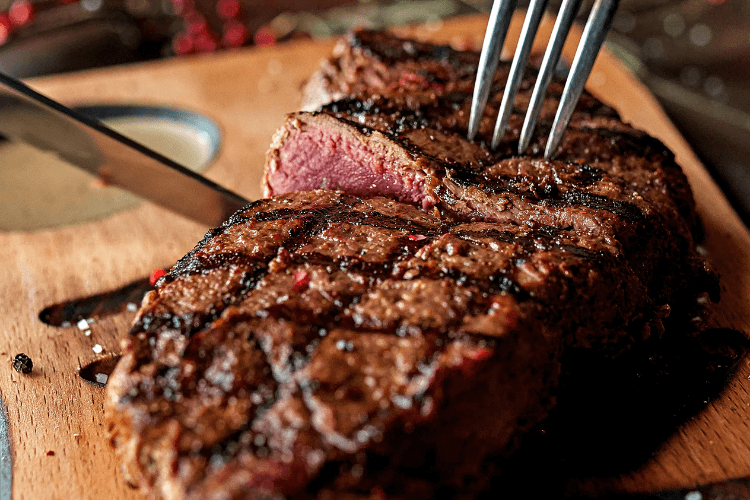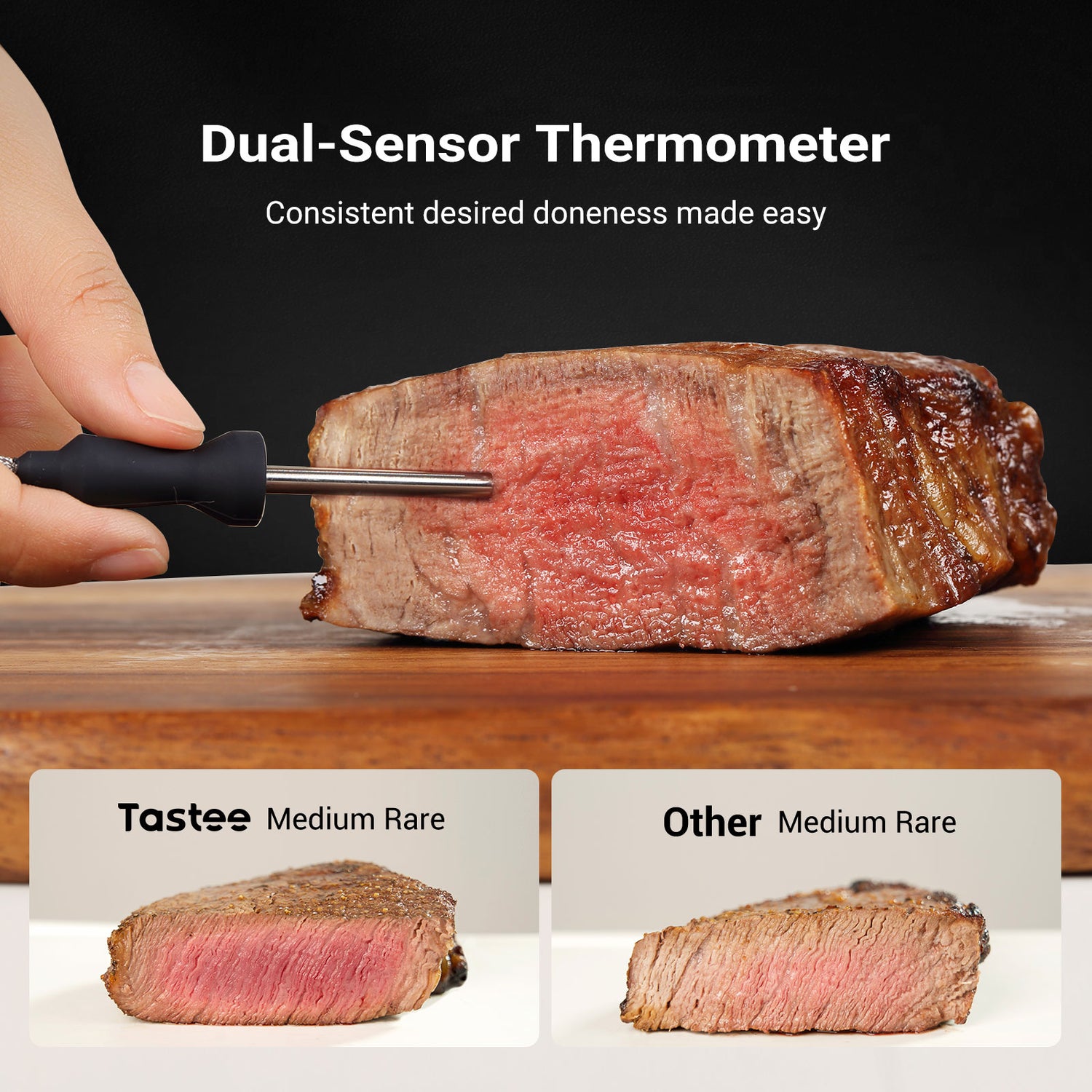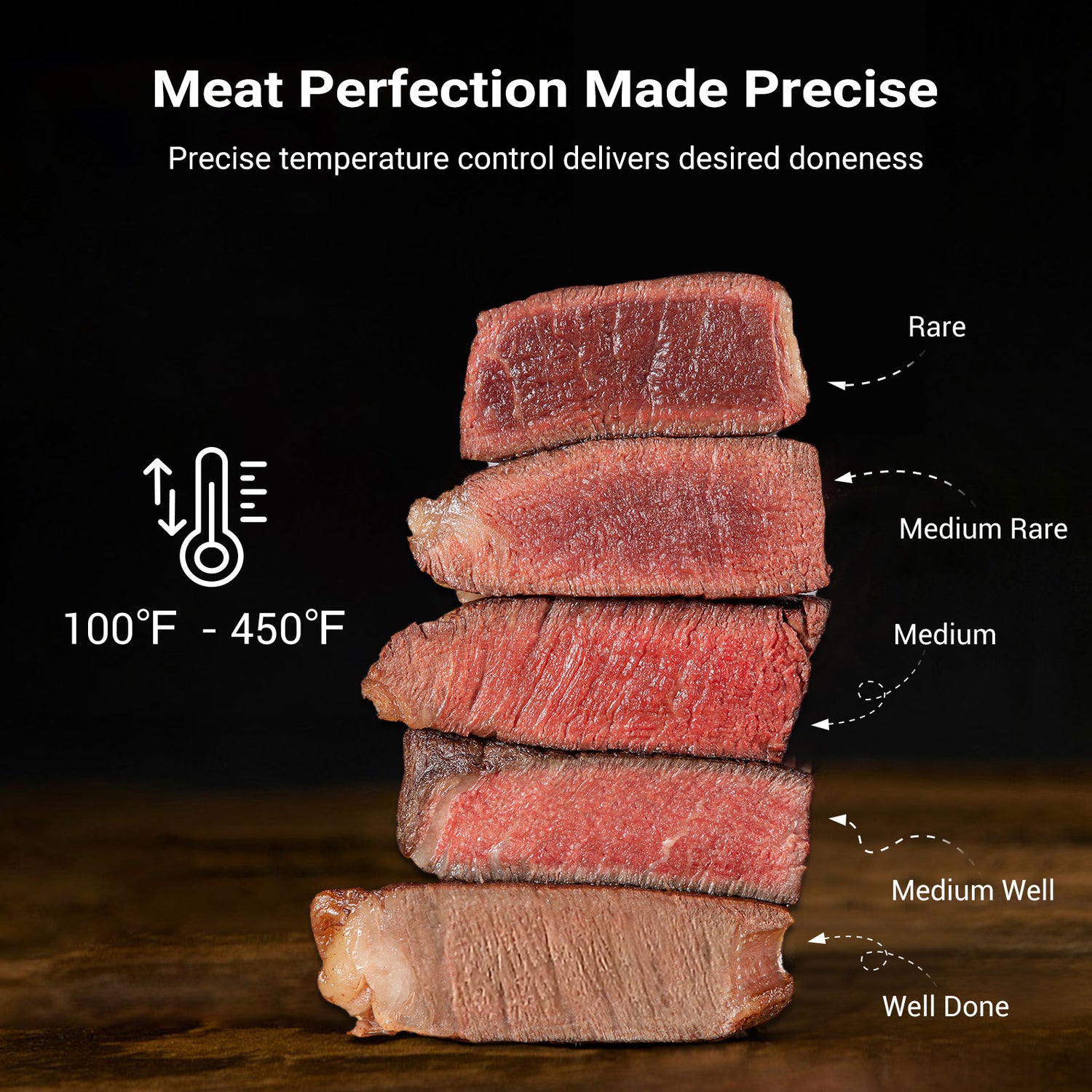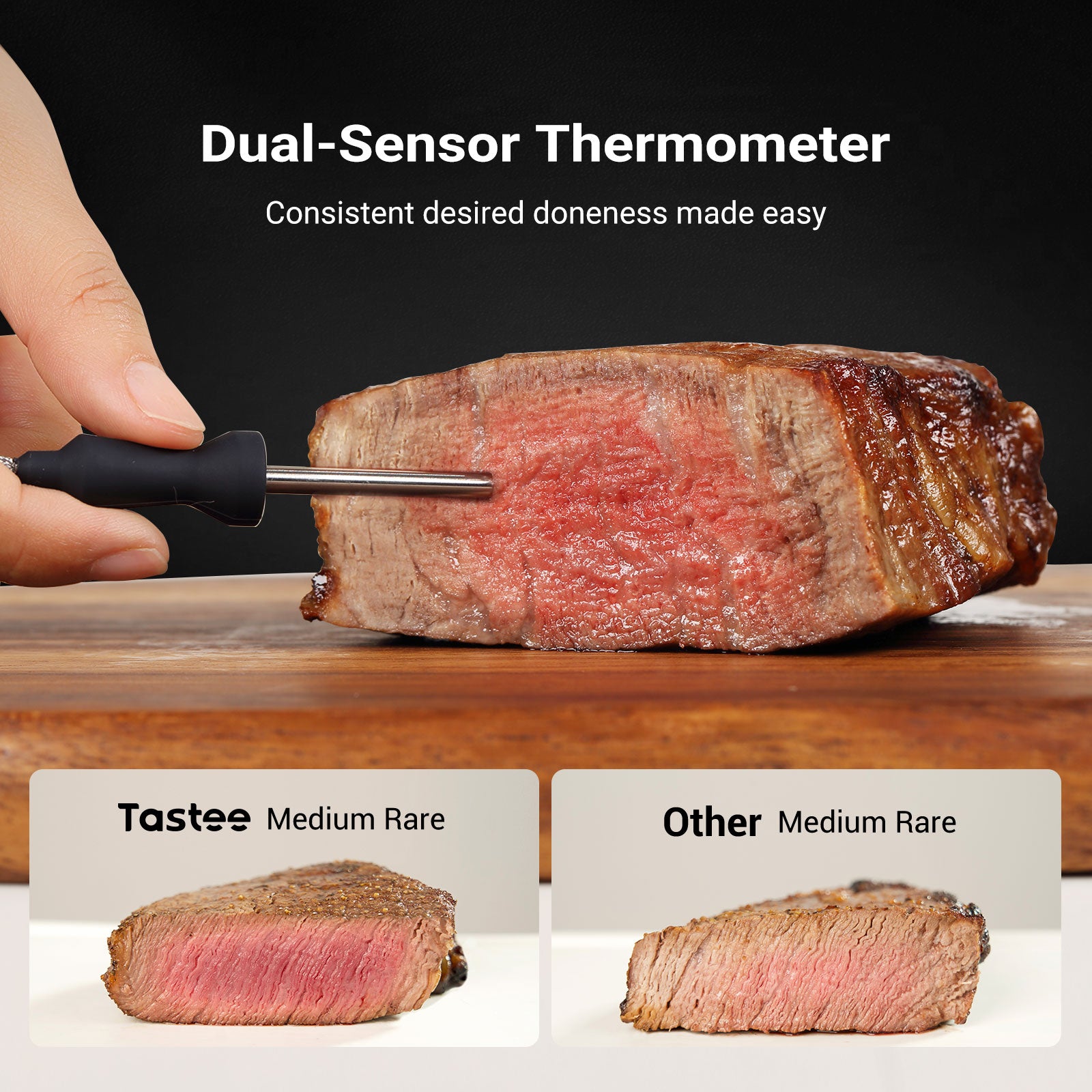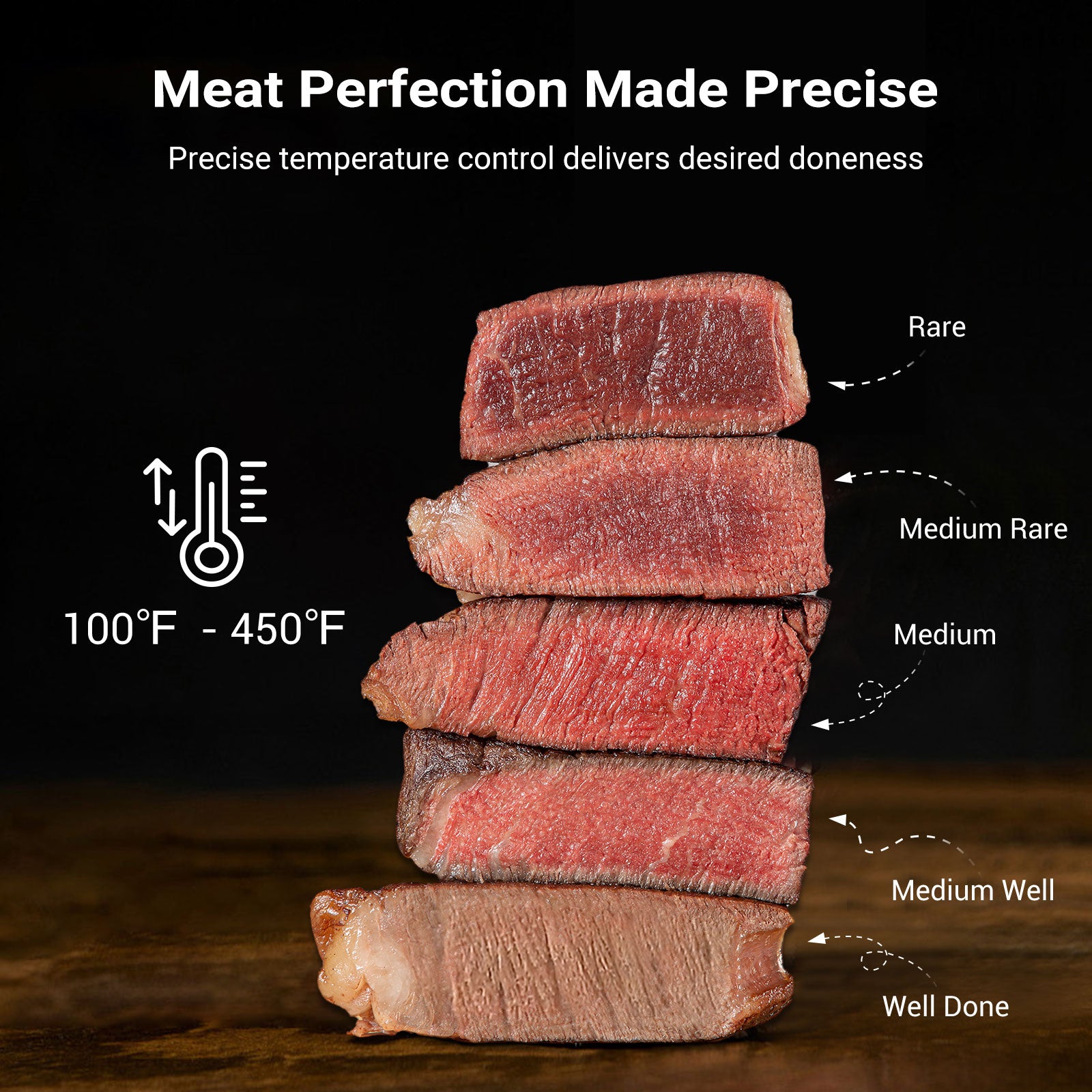Introduction: Setting The Stage
Background Of The Carnivore Diet
With its health claims, the carnivore diet has surged in popularity recently due to its ease of implementation. An extension of a “meat-first” lifestyle, it eliminates anything that is not animal-based, including all flora. Advocates say that it leads to weight reduction, better gut health, and greater cognitive function.
With more people looking for different ways to eat, healthy or otherwise, the carnivore diet has sparked controversy in many nutrition and wellness circles, which is understandable seeing how different it is from conventional diets.
Purpose and Scope Of the Article
The key question this article will answer is whether the carnivore diet is required for any person, as die-hard followers and believers can exploit the long-term harms that seem ever-looming to critics. We will try to explain what aspects of this diet help and which do more harm than good, relying on its nutritional tenets, scientific evidence, and opinions from experts in the field.

Understanding The Carnivore Diet
Definition And Key Principles
The carnivore diet is a high-protein, high-fat diet that eliminates all plant-based foods. This diet comprises animal products only, such as:
-
Meat: Beef, pork, chicken, lamb, etc.
-
Fish: All fish, along with other seafood.
-
Dairy: Egg and dairy consumption is optional.
-
Fats & Oils: Tallow and butter, which are of animal origin.
Like other low-carb diets, the keto diet also refrains from carbohydrate consumption. However, in addition to animal nutrition, the carnivore diet does not allow vegetables, fruits, grains, or any other type of legume.
Scientific And Nutritional Foundations
The foundation of nutrition for carnivores rests on the belief that all human nutrients can be found exclusively within animal products. Nutrition proponents confirm the following positives:
-
Supports muscle growth and repair--> bad
-
Healthy fat improves brain function and sustains energy—good.
-
B12, iron, zinc, and many other essential vitamins and minerals ---> good
Irrespective of the above positives, it has been pointed out that while lacking in fiber, the diet also lacks key plant-based nutrients that aid with overall health and digestion. Studies are still being conducted regarding the impact this diet has on metabolic health, chronic disease, and general well-being over longer durations.
To this day, scientists debate the effects of this diet on cholesterol metabolism and animal saturated fat consumption, as critics claim it leads to fewer fiber- and nutrition-rich plant food choices. Research is still being conducted on the effects chronic illness, illness, and quality of life have on the length of time this diet is followed. A recent review states that many people claim that certain aspects of their well-being have improved greatly.
Still, the American Heart Association supports their statement by mentioning the increased risk of animal fat consumption, including saturated fats, and raised LDL cholesterol and heart disease risks (source).
Evaluating The Necessity Of A Carnivore Diet For All
Who Might Benefit From A Carnivore Diet
Specific people may find a carnivore's diet beneficial, including;
-
In people with autoimmune disease, removing plant-based meals completely might lower inflammation and symptoms.
-
For people with digestive problems, some find relief from bloating and gut discomfort after fiber-rich foods are cut from their diets.
-
Athletes and bodybuilders support muscle recovery and strength due to high protein intake.
-
For individuals who want to lose weight, the diet induces satiety and reduces sugar cravings, helping them lose fat.
Who May Not Benefit Or Might Face Risks
As with any therapeutic diet, the carnivore diet will have its share of challenges. Possible reasons include:
-
People with kidney disease – Too much meat can make the kidneys work harder to filter out waste products, which can be harmful over time.
-
Individuals who tend to have high cholesterol – People with high cholesterol are usually better off with a diet lower in saturated fat for heart health.
-
Those needing more fiber – People with sensitivities may experience digestive issues.
-
May lack long-term sustainability – Some people may find it challenging to adhere to strict diet boundaries.
Expert And Scientific Perspectives
Research Findings And Clinical Studies
Currently, scientific studies involving the eating plan termed carnivore are quite few. Any research done so far shows
-
Keeps blood sugar level stable, so good for individuals with insulin resistance.
-
Risk of overlooking important micronutrients abundant in plant-based foods.
From animal sources of nutrition, essential nutrients can be adequately met as per the study reviewing nutrient composition. More long-term studies are required to establish its overall health effects.
Opinions From Nutritionists And Health Experts
Some health experts are enthusiastic about the advantages of eating meat, and others caution against the total exclusion of plants. Nutritionists suggest:
-
Take care when monitoring nutritional intake.
-
Assessing individually how the diet affects energy and digestive functions.
-
If negative outcomes are noticed, consider implementing a more blended option.

Practical Guidelines And Decision Making
Assessing Personal Health And Lifestyle Needs
Checklist to be completed before adopting the carnivore diet:
-
Estimate the health problems present and what nutrients the person needs.
-
Think about what one prefers and if it is possible to achieve in the future.
-
A healthcare consultant should be contacted when there is uncertainty on what to eat.
Safe Transition And Monitoring Strategies
For interested persons on the carnivore diet, do the following:
-
Phased approach: Before going on the diet, first cut down on carbs slowly.
-
Put your health under observation: Note changes in energy levels, digestion, and anything noticeably different after performing lab tests.
-
Manage fluid balance: Drink enough water and replenish electrolytes.
-
Use suitable cooking methods: Use air-frying. It cooks the food while preserving minerals and enhancing taste.
If you are looking for new options for preparing meat dishes, air fryers offer a quick and healthy way to cook. In particular, the Tastee Sensor Magic Smart Air Fryer comes with dual sensor precision for automatic internal meat temperature measurement, offering temperature control options with sensors ensuring perfect doneness
With a high power of 1700W, plus a maximum temperature of 450°C, it ensures great versatility in cooking with these machines and makes them ideal for those on the carnivore diet.
Thanks to its advanced ceramic non-stick coating. Tastee air fryers are able to cook meat and make it crispy and flavorful without the need of excess oil, and their rapid air circulation technology helps preserve the natural juices and nutrients.
Can’t wait to try Tastee Air Fryer to upgrade your cooking experience instantly? Just go get yours now and transform the way you cook!
Conclusion
Some people, especially those with particular health issues, can benefit significantly from the carnivore diet. On the other hand, it is not a solution suitable for everyone. While some people do well on an all-meat diet, other people will have to take a more holistic approach. With the help of individual health conditions, nutritional requirements, and experts, everyone can identify if the carnivore diet meets their requirements. Always put personal health first and make intelligent decisions based on scientific facts and professional advice.
If you are on the hunt for new ways to prepare meat dishes, air fryers are incredibly accessible and healthy options. Visit Tastee and get mouth-watering carnivore-friendly recipes that will spice up your meals even further!


